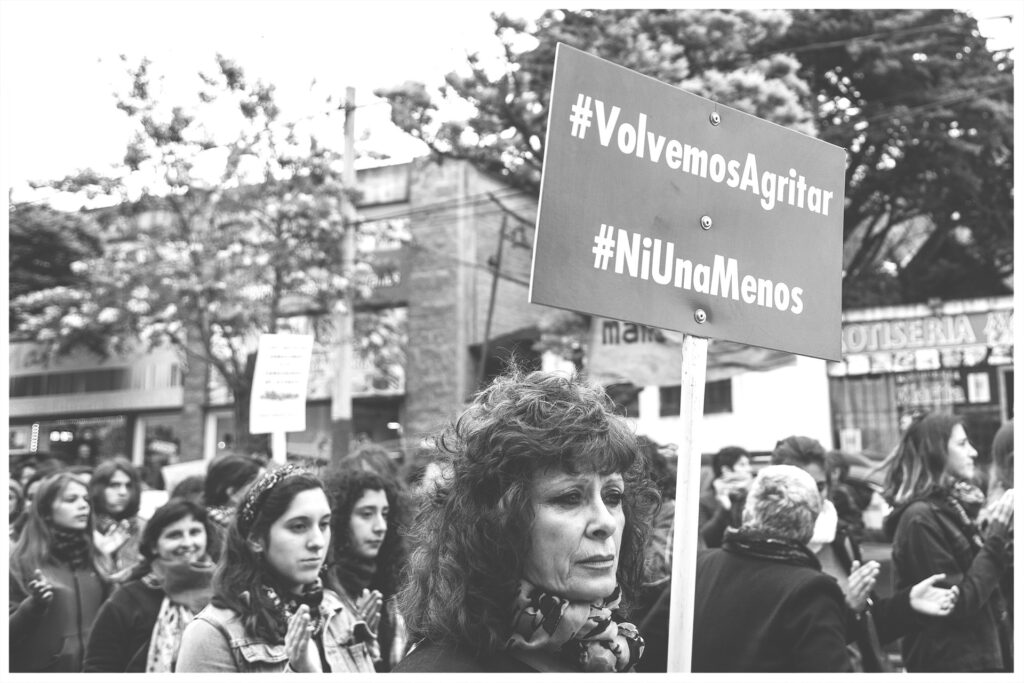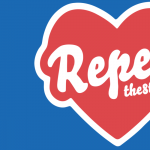In the past thirty years there have been significant advances in the fight against gender based violence. Internationally and regionally we have seen the establishment of legal tools that have yielded fruitful results. Despite that, the legal system is way too often failing to take women’s experiences and accounts seriously.
At the international level, a number of instruments to address gender based violence have been put into place. The 1993 UN Declaration on the Elimination of violence against Women is considered one of the turning points, as it explicitly defined and addressed gender based violence and triggered a mobilisation in various countries. Following suit, the UN adopted further measures to enable the Committee on the Elimination of Discrimination against Women to hear complains and inquire on “grave or systematic violations” of the Convention. Moreover, since 2006 UN Women have been compiling a database that has proven to be a great resource for monitoring the actions taken by governments around the world to stop violence against women: Global Database on Violence against Women.
In the European context, since the end of the 90s the Council of Europe engaged in a series of initiatives to end violence against women, which eventually led to the Istanbul Convention. The Istanbul Convention marks an important step as it is the first binding instrument at the European level to address cases of violence against women. It designs a comprehensive legal framework and lays out measures for the protection of victims while fostering international co-operation and support between agencies and organisations that work towards the elimination of violence against women.
…but what we see is that despite the laws that have been put into place for the elimination of gender based violence, there are countless cases in which they fail to bring about justice for victims.
These are remarkable accomplishments, but what we see is that despite the laws that have been put into place for the elimination of gender based violence, there are countless cases in which they fail to bring about justice for victims. That is especially evident in cases of rape and sexual abuse. A recent article has pointed out that despite reports of rape having risen sharply in recent years in England and Wales, rape persecutions that result in convictions are at its lowest on record. In countries like Italy instead, where everyday 9 to 11 women are raped, less and less women decide to press charges against their perpetrators. The reason behind it? Victims of sexual violence are often not believed and instead shamed, judged, and humiliated by the authorities.
Unfortunately, the same trends are also witnessed at the European level, as a 2014 investigation conducted by the European Union Agency for Fundamental Rights involving 42.000 women from the 28 Member States shows. The fact that women are afraid to report to the authorities tells us two things: First, despite having laws in place to persecute cases of violence against women, these women keep being failed by the legal system; second, little is done to address this issue.
In Down Girl: The Logic of Misogyny Kate Manne provides interesting insights on how misogynist logic is still an endemic problem of our legal system. By discussing some of the most infamous cases of injustice that women have been subjected to, she highlights that misogyny should not be conceived as an attitude perpetuated by individual men but rather as an institutional force that serves the patriarchal order. Insofar as men (white men) have higher status, they are seen as more reliable and trustworthy, therefore, they more easily evoke feelings of sympathy in the general public.
Women’s experiences on the other hand are perceived as less credible, less valuable than men’s experiences. That is why quite often rapists are exonerated and victims looked at with suspicion.
Thus, while we should be happy about the legal accomplishments that help fighting violence against women, we should keep our focus on whether the justice system is doing enough to make sure perpetrators are punished and victims are encouraged to speak up.





![What are the roles of Polish women in politics? – Jakie role pełnią kobiety w polskiej polityce? [EN/PL]](https://www.youngfeminist.eu/wp-content/uploads/2016/03/women-politics-150x150.jpg)

Average Rating